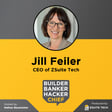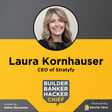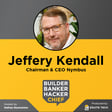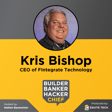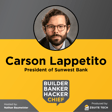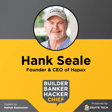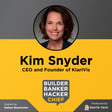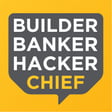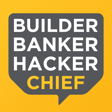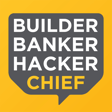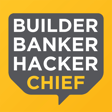
Julie Thurlow – Gaining a holistic perspective, surviving trial by fire at the FDIC, and keeping things interesting as CEO | Episode 23
Welcome to episode twenty-three of Builder, Banker, Hacker, Chief! Joining me today is Julieann (Julie) Thurlow, President and CEO of Reading Cooperative Bank.
On this show, I’m unpacking the stories, decisions, and influences that make people successful leaders.
Growing up in the tiny seaside town of Lubec, Maine, Julie Thurlow quickly learned independence and reliance on family values. It was an idyllic upbringing for a child, but held scarce opportunities for a smart young woman eager to make a career. Despite her college scholarship for music, Julie eventually found her way to banking
My name is Nathan Baumeister; I am the Co-founder of ZSuite Tech and the host of this podcast.
Her time playing music was formative for her work as a leader, giving her an understanding of when to stand in the spotlight and when to step back and let the band or someone else play.
Many bankers find themselves forced to work at the FDIC as a result of working at a failed bank and being taken over by the FDIC. Julie voluntarily left her first banking job and took a role at the FDIC during the New England Banking Crisis of the 1990s. This allowed her to take a front-row seat in learning what caused banks to fail and how it could be avoided in the future. It shaped her love for the people working in banking, and her commitment to running a healthy, stable institution.
Today, Julie is running a bank that has been cooperatively owned by its customers for more than a hundred years. Her approach to innovation has led Reading Cooperative Bank to become a pioneer, showing community banks everywhere that personal banking services and modern technology are mutually beneficial, not mutually exclusive.
Julie is no stranger to upending stereotypes and creating opportunities for people who might not otherwise have a chance to grow and take their own turn in the spotlight. For now, we’re thankful that we could shine a light on her journey and share it with you.
Resources:
Julie’s book recommendations:
Connect:
